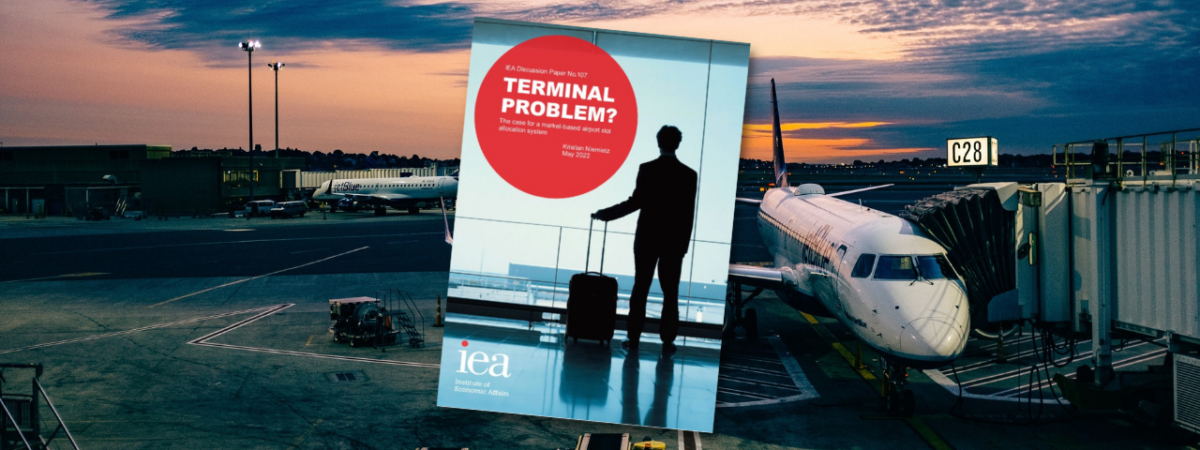IEA responds to Chancellor Rishi Sunak’s statement
SUGGESTED



“The state is not the solution to the cost of living crisis, it is a key part of the problem: planning restrictions that push up the housing costs, cumbersome red tape that make childcare more extensive and tariffs, and quotas that restrict food imports.
“Support measures will help alleviate some of the rising cost of living — though we should question the lack of targeting. The money spent subsidising the energy bills of wealthier households could go much further supporting poorer families.
“Rishi rightly highlighted the importance of supply side reform, but measures on this front are lacklustre. Ambitious regulatory reform is what’s necessary to boost the supply side capacity of the economy and lower prices for consumers.”
Commenting on the Energy Profits Levy (windfall tax), IEA Chief Operating Officer and energy analyst, Andy Mayer, said:“The partygate deflection tax on energy companies is a mistake. Unplanned and complex taxation risks damaging business confidence and investment decisions. Why bother investing in the UK economy if when you make a profit it risks being taken away from you on a whim?
“Relief for billpayers and targeted support are welcome, but could be funded by borrowing or by higher than expected tax revenues.
“Investment incentives are a money merry-go-round, taking with one hand and giving with another, while adding administrative complexity. The incentives will either reward companies for doing what they would do anyway, or have unintended punitive impacts. Generally, it will make the operating environment more complex, unstable and unattractive.
“This sacrifices long-term solutions to the energy crisis for short term headlines and may lead to wider mistrust as other ‘fortunate’ industries fear future surprise taxation.”
ENDS
Notes to editors
Contact: media@iea.org.uk / 07715 942731
IEA spokespeople are available for interview and further comment.



